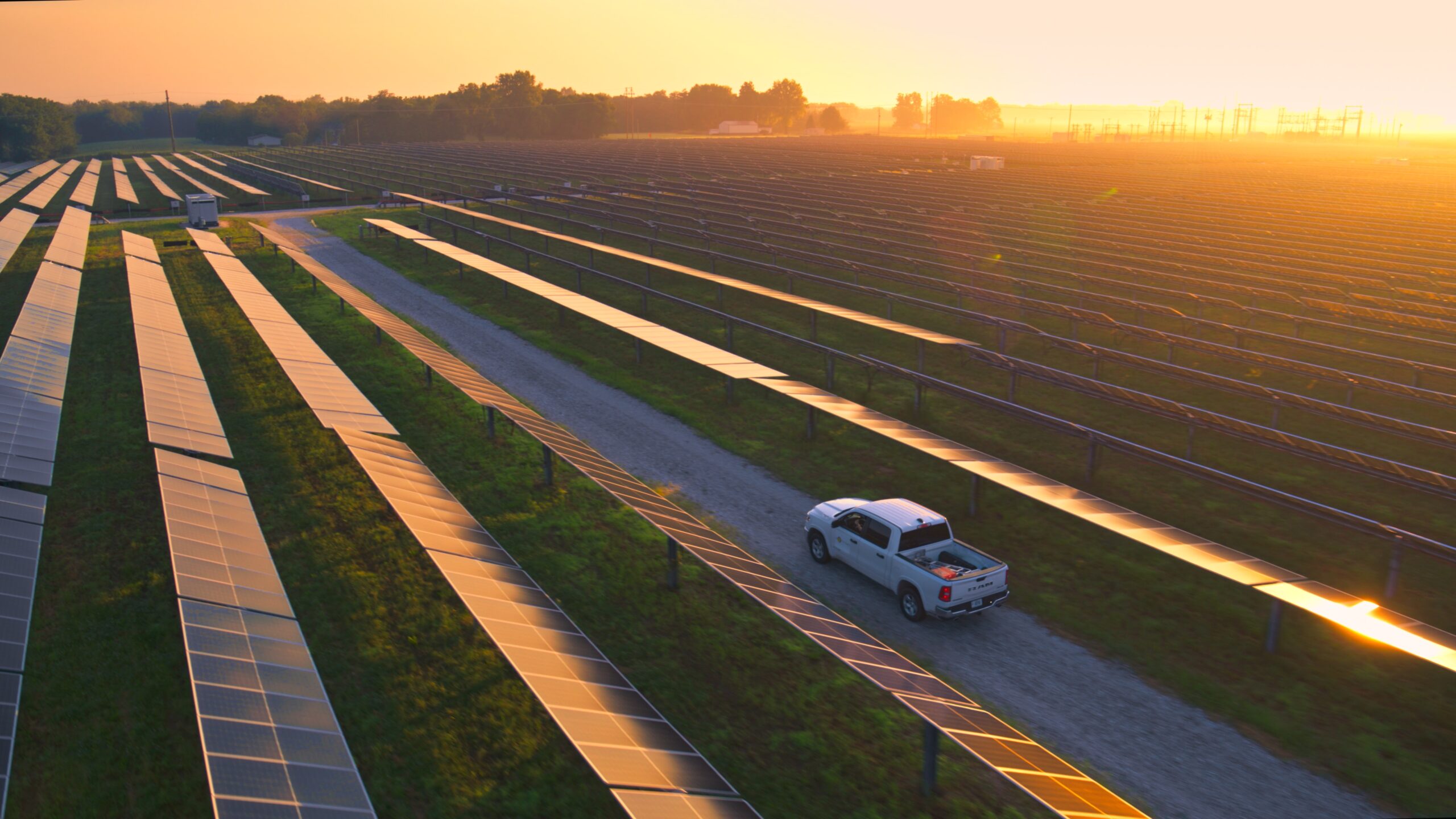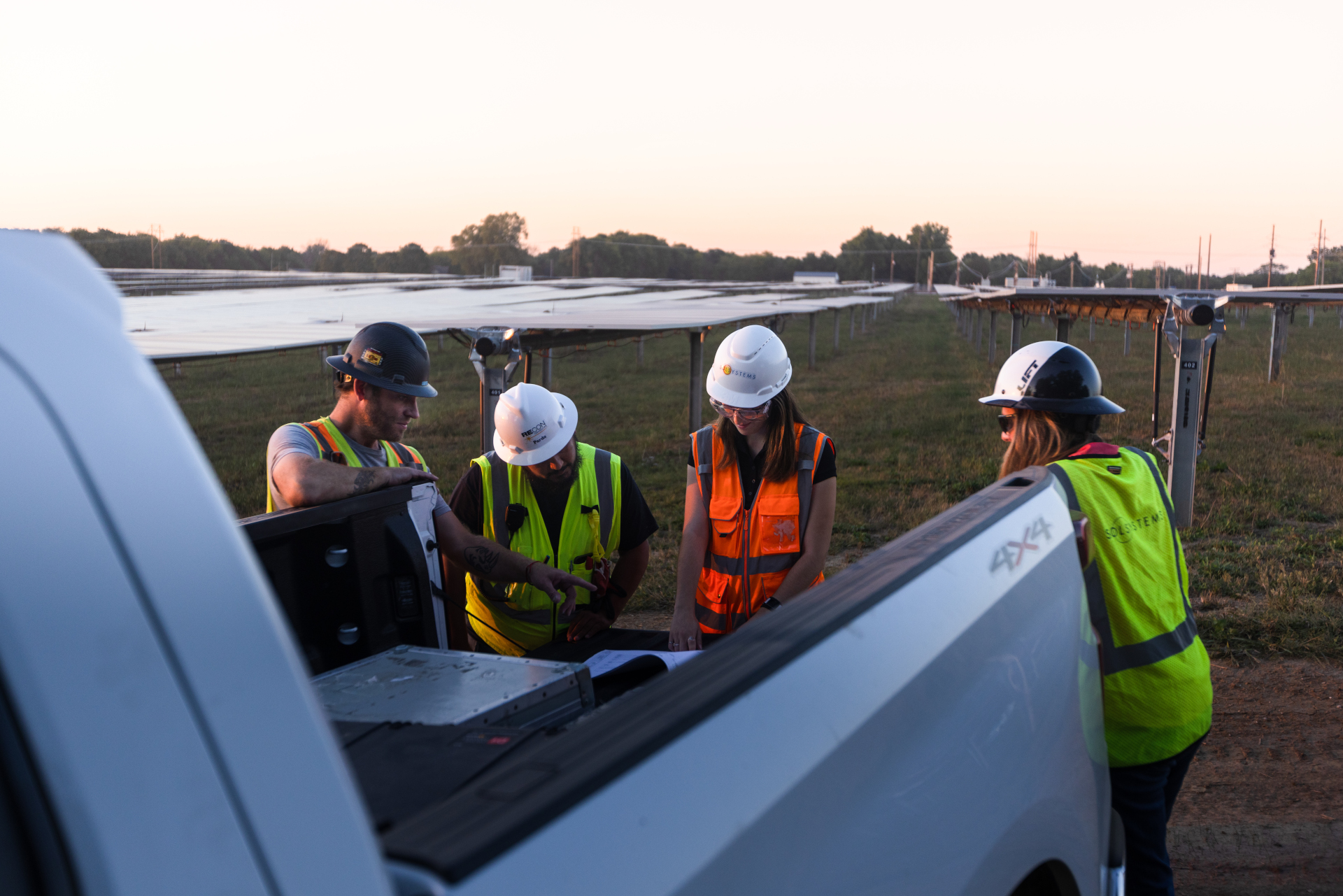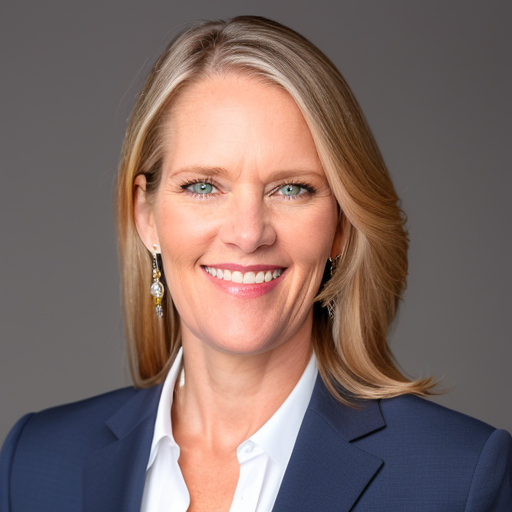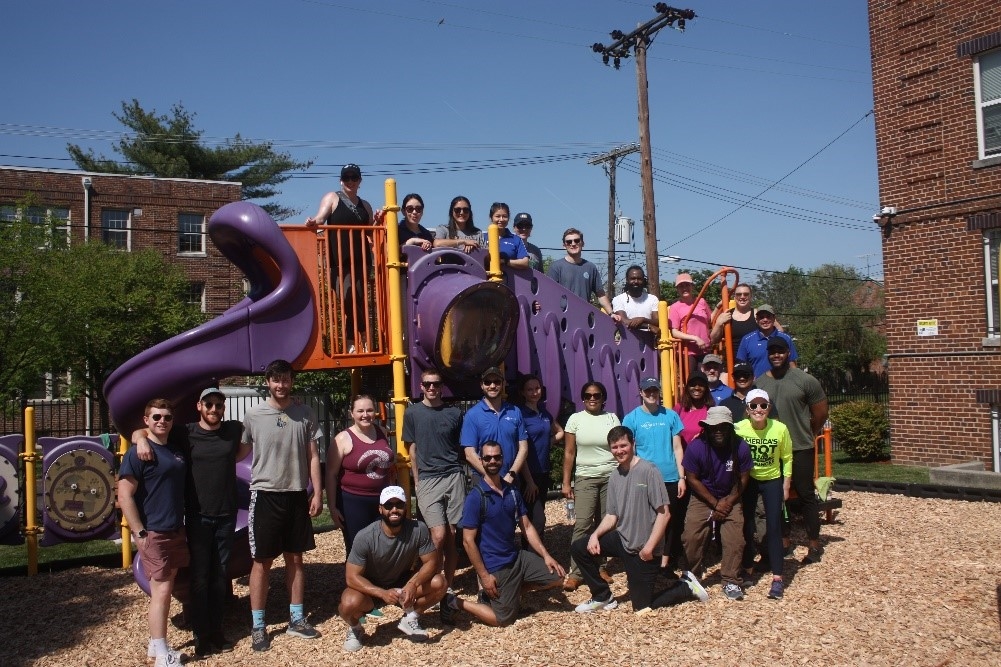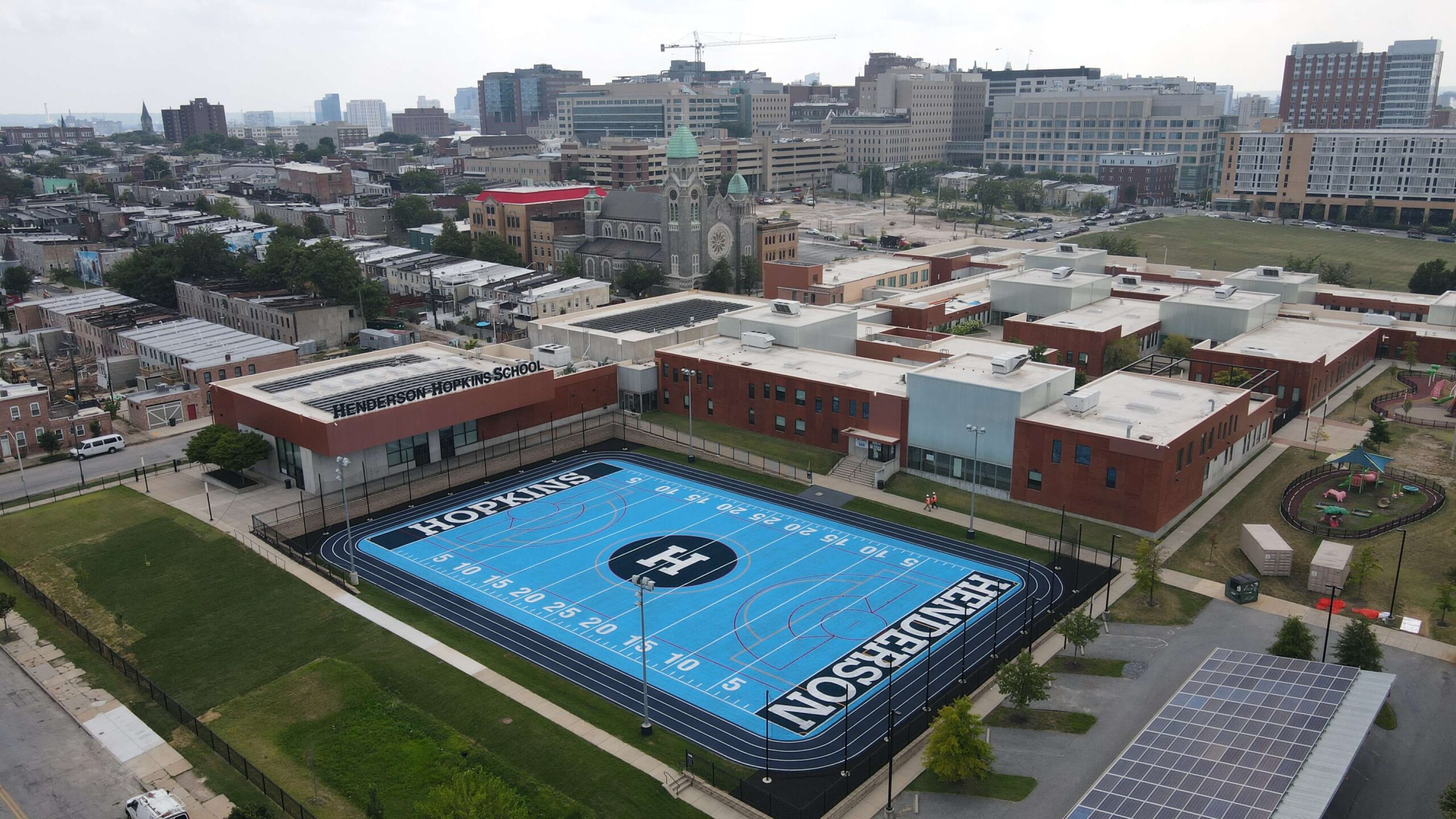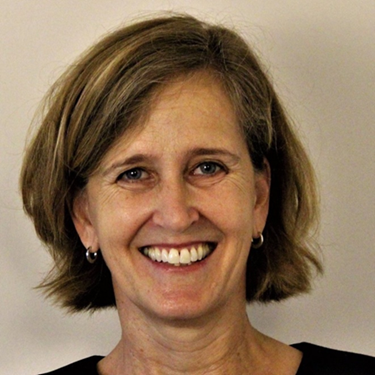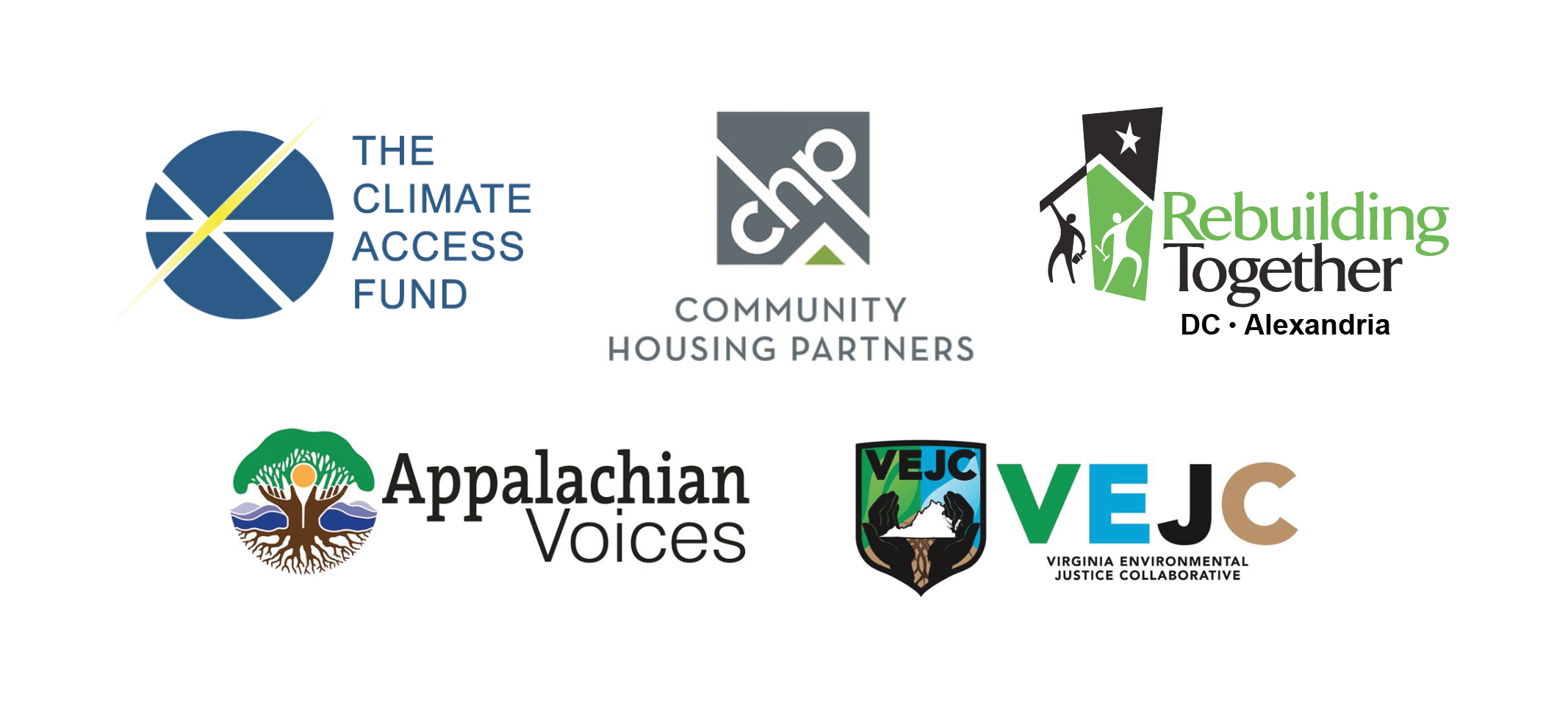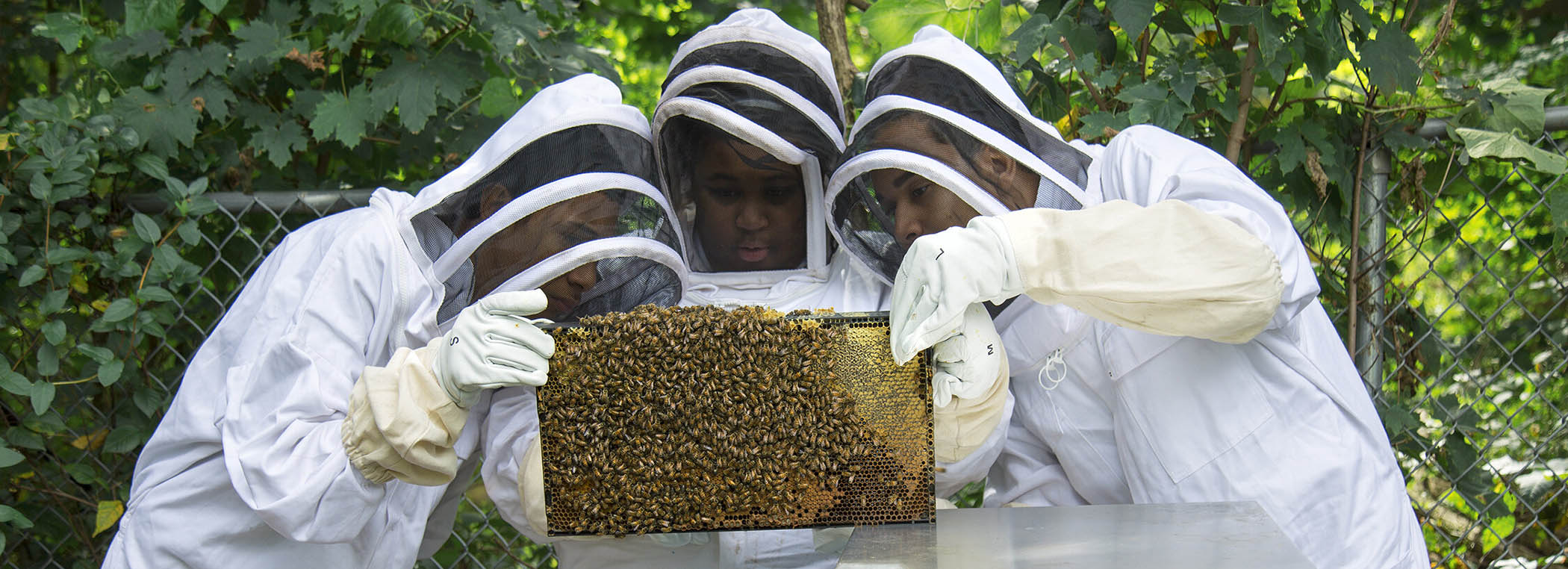We are excited to announce the first group of community partners in Morgan County, Illinois, home of our Prairie Creek Solar project.
These partnerships build on the foundation set in 2021, when we announced our first power purchase agreement partnership--one of the country’s largest--with a groundbreaking strategy to fund investments that bolster the community, environmental, and social impact over the lifecycle of solar energy projects. As part of that agreement, Sol Systems (Sol) committed to engaging with and investing in organizations that are trusted in their communities to implement initiatives that are tailored to specifically benefit under-invested communities and enable their participation in building America’s energy future.
Since then, we have funded multiple organizations in both rural and urban communities across the U.S. Eastern Seaboard, including Pennsylvania, Maryland, Virginia, Appalachia, and Washington D.C. The funding empowered these communities to provide energy efficiency and home repair programs, solar-plus-storage community resilience hubs, foundational job training, education, and wrap-around support service. Sustained by the successes and lessons learned to date, as our solar projects become commercially operational, we focus on investing in the communities where our projects are based. In Morgan County, Illinois, we are proud to partner with local groups that share our commitment to community focusing on resilience and sustainable growth.
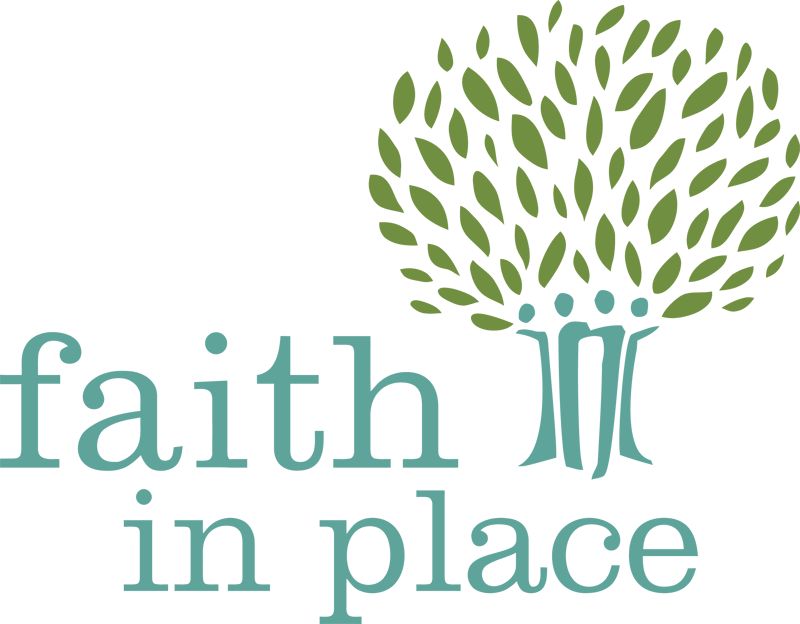
Faith in Place (Central Illinois)
Since 1999, Faith in Place has empowered people of diverse faiths and spiritualities to be leaders in advancing environmental and racial justice, providing resources to educate, connect, and advocate for healthier communities throughout Illinois, Indiana, and Wisconsin. The organization advances its mission through five program areas: energy & climate change, sustainable food & land use, water preservation, environmental advocacy, and youth empowerment. Sol’s partnership will implement the “Faith Outreach and Engagement to Advance Community-Led Sustainability and Resiliency in Morgan County, IL” initiative to advance Faith in Place’s “Green Team Model” which recognizes houses of worship as critical anchors and natural centers of learning that inspire, educate, and mobilize members for community advancement. The initiative will conduct energy audits for houses of worship, implement energy efficiency upgrades, and provide information and guidance that enables them to pursue additional energy efficiency and clean energy opportunities needed to reduce their facilities’ energy usage over time.
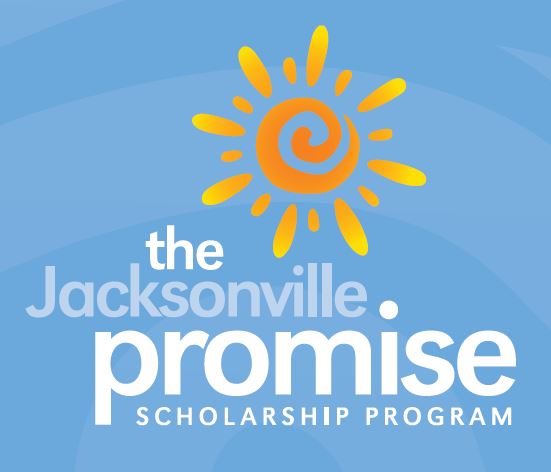
Jacksonville Promise
Inspired by the Kalamazoo Promise in Michigan, Jacksonville Promise encourages students to pursue their post-secondary education at a local institution by offering scholarships to high school graduates. The idea for a Jacksonville Promise started in 2008, and after several iterations of ideas and attempts at funding, a nonprofit entity was established in 2014 and awarded the first scholarships to 17 applicants in 2016. By supporting and encouraging students to stay local for education, the organization incentivizes staying in the community for a career which ultimately impacts the local economy. Sol’s partnership with Jacksonville Promise focuses on increased outreach and awareness of the scholarship to underserved communities in Morgan County, raising the number of scholarships awarded each school year and instituting an award ceremony for new scholarship recipients.

Lincoln Land Community College
Lincoln Land Community College is the largest community college district in Illinois in terms of land mass, covering all or parts of 15 counties in central Illinois and 4,115 square miles. The main campus is in Springfield, with outreach centers in Jacksonville, Litchfield, and Taylorville. The college supports a diverse manufacturing sector across Illinois and, through industry feedback, has identified industrial maintenance skills as essential to the continued success of these local employers. Sol’s partnership will enable the college’s Industrial Maintenance Program to purchase and maintain training equipment, increase the annual class size, support onsite workforce training for local manufacturers through site visits, and engage high school Career and Technical (CTE) program students to foster early interest in manufacturing and STEM jobs that will drive economic growth in Illinois

University of Illinois Urbana-Champaign (Morgan County Extension 4-H program)
The Morgan County 4-H Extension Program is the UIUC affiliate that serves Calhoun, Cass, Greene, Morgan, and Scott Counties in Illinois. Through this program, land-grant colleges and universities bring vital, practical information to agricultural producers, small business owners, consumers, families, and young people. Sol’s partnership commits funding to create new 4-H programming and expand access to 4-H groups for youth in Morgan County, IL. The new 4-H program will offer a new community experience that focuses on exploring food access, renewable energy, and the environment. Specifically, the collaboration will support a garden and education center in Jacksonville, sponsor increased participation in 4-H programs for underserved communities and enhance after school and summer programs.
Future Possibilities
Our collaboration with these organizations focuses on encouraging genuine relationships and meaningful, lasting change in Morgan County. Our investments go beyond one-time donations; rather they reflect our long-term commitment to building opportunities and supporting the community throughout the life of our Prairie Creek Solar Project. Looking ahead, Sol Systems is committed to building and strengthening partnerships with community organizations so that our clean energy initiatives remain community-focused and meet our land stewardship and energy supply goals.



